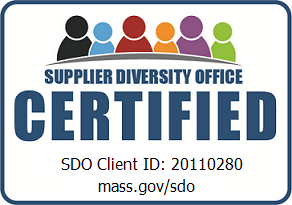One of the first rules of effective communications is to know your audience. This is particularly important when crisis hits.
Consider this: all the prepared holding statements, Q&As, talking points, letters and response strategies in the world won’t help in times of crisis if you don’t have an understanding of how your audience views a particular issue in the first place. In fact, if you don’t have a general awareness of who your various stakeholders are and what they think, your communications efforts could take what is actually a minor issue and inadvertently turn it into a full blown crisis.
For example, take a criticism posted on one of your social media platforms about your organization’s poor response (or lack of response) to a complaint. Regardless of whether that complaint is legitimate, the post still necessitates some form of response, or at least acknowledgement—even if that communication is going to be taken offline. Your response must be constructed quickly and carefully. It must also take into consideration how other audiences could react, otherwise you may find yourself managing backlash from certain stakeholders who perceive your response as uncaring or insufficient. This is why it is so difficult to respond to a public criticism on a social media channel – because social media reaches an audience far greater than one.
Here are three steps you can take right now to get to know your audiences in advance of crisis:
Engage in actual face-to-face conversation.
Walk around your store/campus/office. Meet your stakeholder—whether they’re employees, customers, constituents or another group. What do they care most about? What can your organization do better? Take a similar approach with other audiences, including managers, employees, investors, board members, etc. Ad-hoc conversations can often tell you more than any survey or formal request for feedback ever will.
Monitor social media, media, and online commentary.
Real-time awareness of chatter on social media outlets or mainstream media outlets is often a great predictor of an impending crisis. Any uptick in commentary on a specific issue or a topic receiving national attention (product recalls, for example) could generate or mobilize increased conversation, some of which may lead to a greater focus on what your company is doing or how it fits into the larger picture.
Observe and discuss.
Consider the issues and current events that are impacting companies similar to yours. Could their problems become your problems? Discuss these events internally on a regular basis so that company leadership and communications teams can begin thinking about the best ways to respond if (and more likely when) the problem becomes yours to manage. Make sure that you have a plan to communicate to all audiences, keeping in mind that certain stakeholders – investors, board members and management – will require extra care and attention.
Taking the time to get to know your audiences before a crisis occurs will put you in a much better position to communicate in a way that is not only authoritative and in control, but also mindful, respectful and empathetic to the concerns of your customers. The messages that are most effective, after all, are the ones that are actually heard.
















